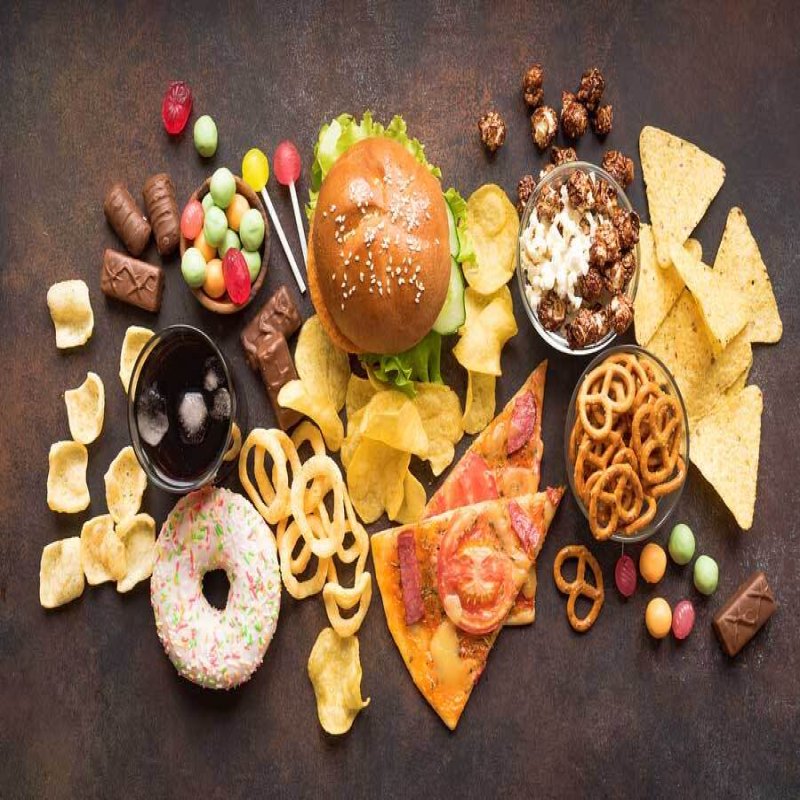
We all love our deep-fried junk food. Fried foods are rich in trans fats, and we all probably know that. When foods are fried, they absorb the fat of the oils and hence are high in calories. Eating too many fried foods has been correlated with high blood pressure, increased cholesterol levels, and a variety of other heart disease risk factors.
So, fats are bad, and we should absolutely restrict our fat consumption, right? No, not really. Not all fried foods are equally bad.
Our body requires fats as much as it requires proteins or carbohydrates. However, not all fats are the same. Some are essential and healthy, while others aren’t. Trans fats are an ideal example of the latter.
So, what is trans-fat? How does trans-fat affect our health? Which foods are rich in trans-fat? Read on to get all your answers!
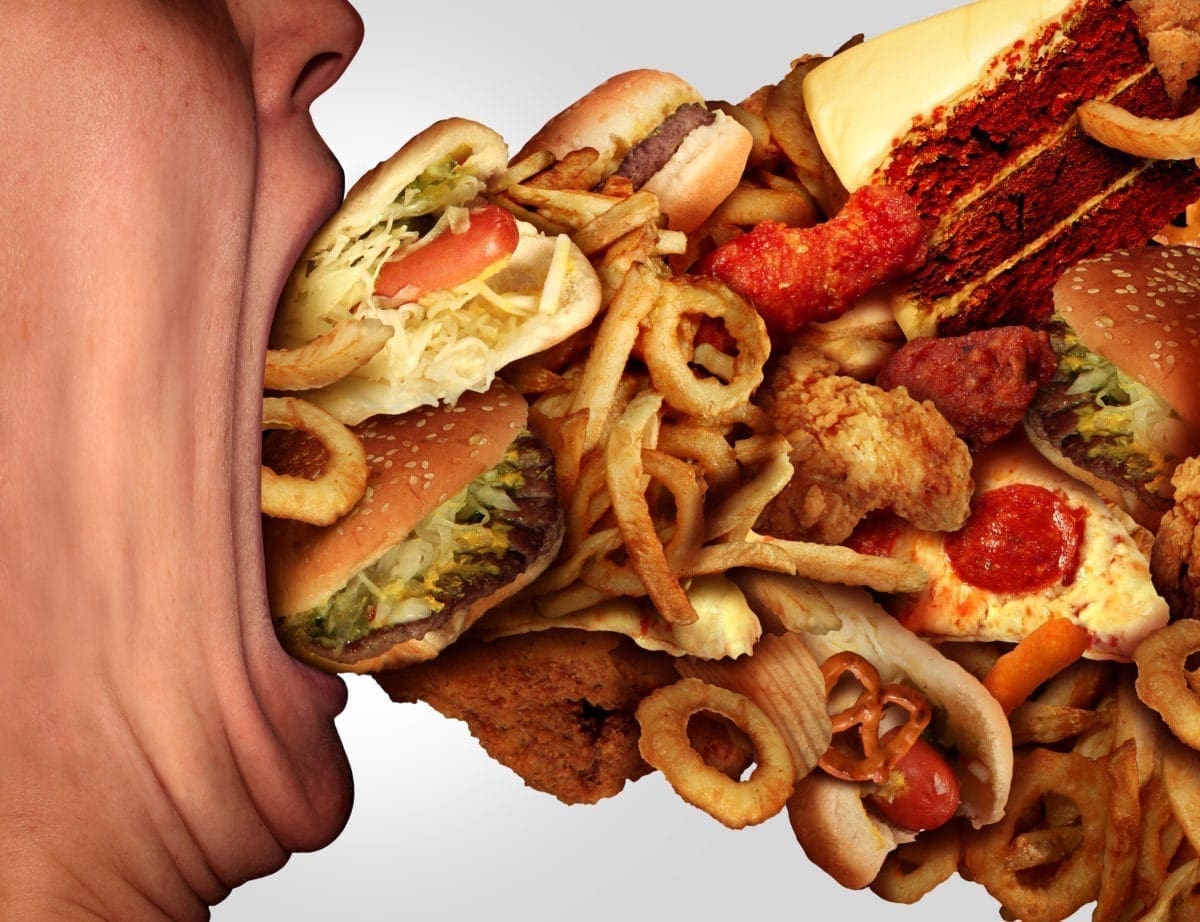
What are Trans-Fats?
Trans fats are unsaturated fats that can be naturally present in animal-derived foods. They can also be produced from vegetable fats.
Partial hydrogenation of unsaturated fats produces trans fats. Hydrogenation is an artificial process that chemically adds more hydrogen molecules to unsaturated fats to make them more saturated. It produces fats with desired properties, such as high melting points. There are two types of trans fats present in foods. They are artificially occurring trans fats and naturally occurring trans fats.
- The guts of some animals produce naturally occurring trans fats. The food products derived from these animals may also contain small amounts of these fats. Meat products and milk are common examples.
- Artificial trans fats are produced industrially by a process called hydrogenation. Fast food establishments heavily use trans fats for their food preparation.
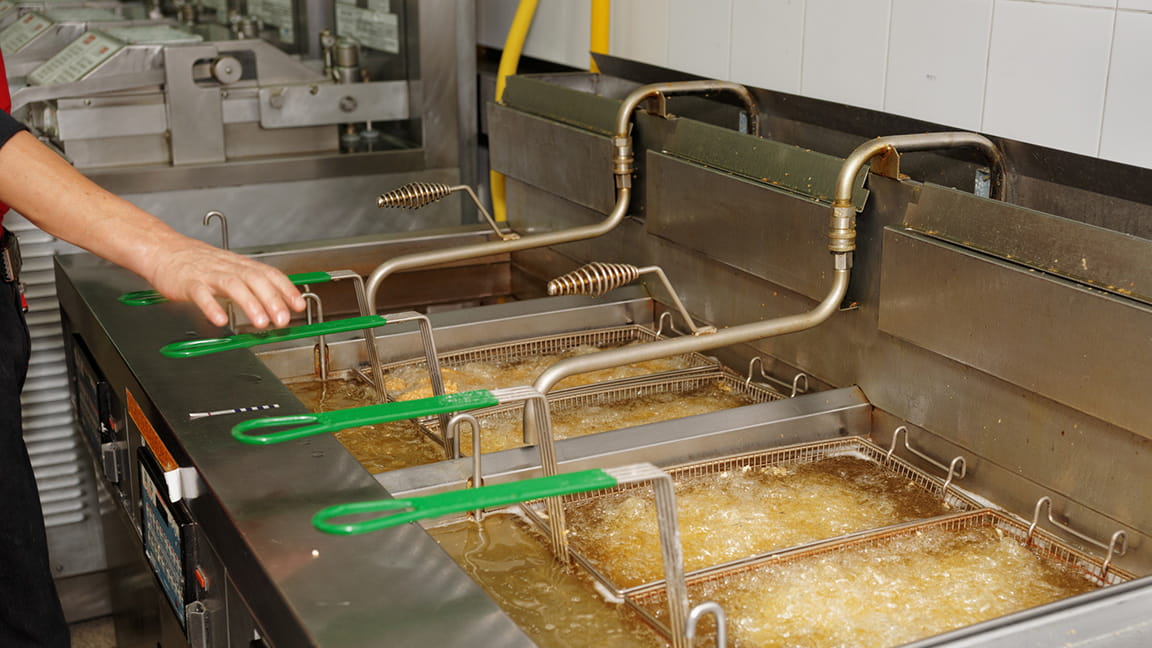
How do Trans-Fats Affect your Health?
With the increased consumption of processed foods nowadays, the consumption of trans fat has also increased. For example, vanaspati, or dalda, is a commonly used Indian domestic and commercial cooking oil that is high in trans fats. Hence, it is harmful to our health. Thus, most fried foods that you eat at roadside restaurants are rich in trans fat.
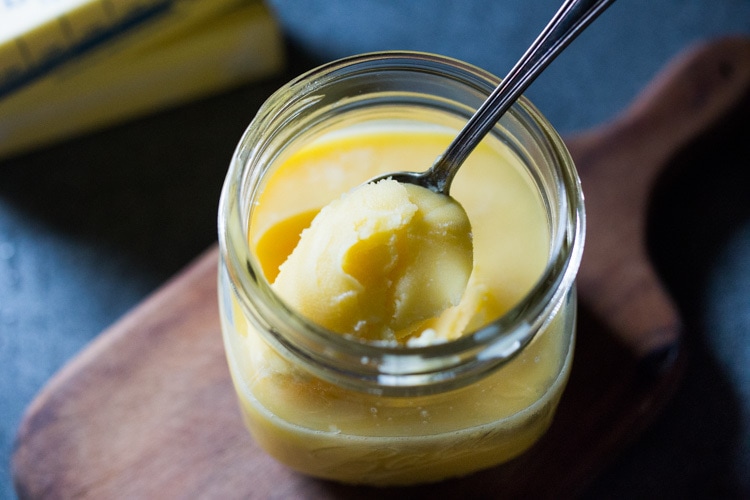
Learn more about essential fatty acids, here!
Trans fat consumption has serious health effects on our bodies such as:
- Trans fat affects the metabolism of essential fatty acids (omega-3 and omega-6 fatty acids). Essential fatty acids are essential for sustaining many important biochemical and anabolic pathways in the body.
- Excess trans-fat consumption during pregnancy can affect the fetus by inhibiting the synthesis of polyunsaturated fatty acids, which are essential for maintaining various metabolic processes in the body.
- Trans-fat increases the level of LDL (Low-Density Lipoproteins), or “bad” cholesterol levels, and decreases the level of HDL (high-density lipoproteins), or “good” cholesterol levels. Also, a higher level of LDL increases the risk of atherosclerosis or coronary heart disease.
- Trans fats may increase weight gain and abdominal fat deposits even if you maintain an average caloric intake.
- Trans fats increase the risk of colon cancer, breast cancer, and type II diabetes in certain individuals.

How much Trans-Fat can I Consume?
According to the National Institute of Nutrition, the recommended daily intake of trans fat should not be over 1% of the total calorie intake. For example, if you consume 2000 calories each day, your daily trans-fat intake should be about 20 calories, or about 2 grams.
How can I Reduce Trans-Fat Intake in my Diet?
It is important to read labels on foods and food products and inquire about the kind of oil used for cooking when eating out. Furthermore, you can enjoy eating fried foods by choosing the right kind of oil to fry them in.
Replace vanaspati or dalda with non-hydrogenated vegetable oils such as canola, safflower, sunflower, or olive oil while cooking. Also, try to limit your consumption of red meats and beverages.
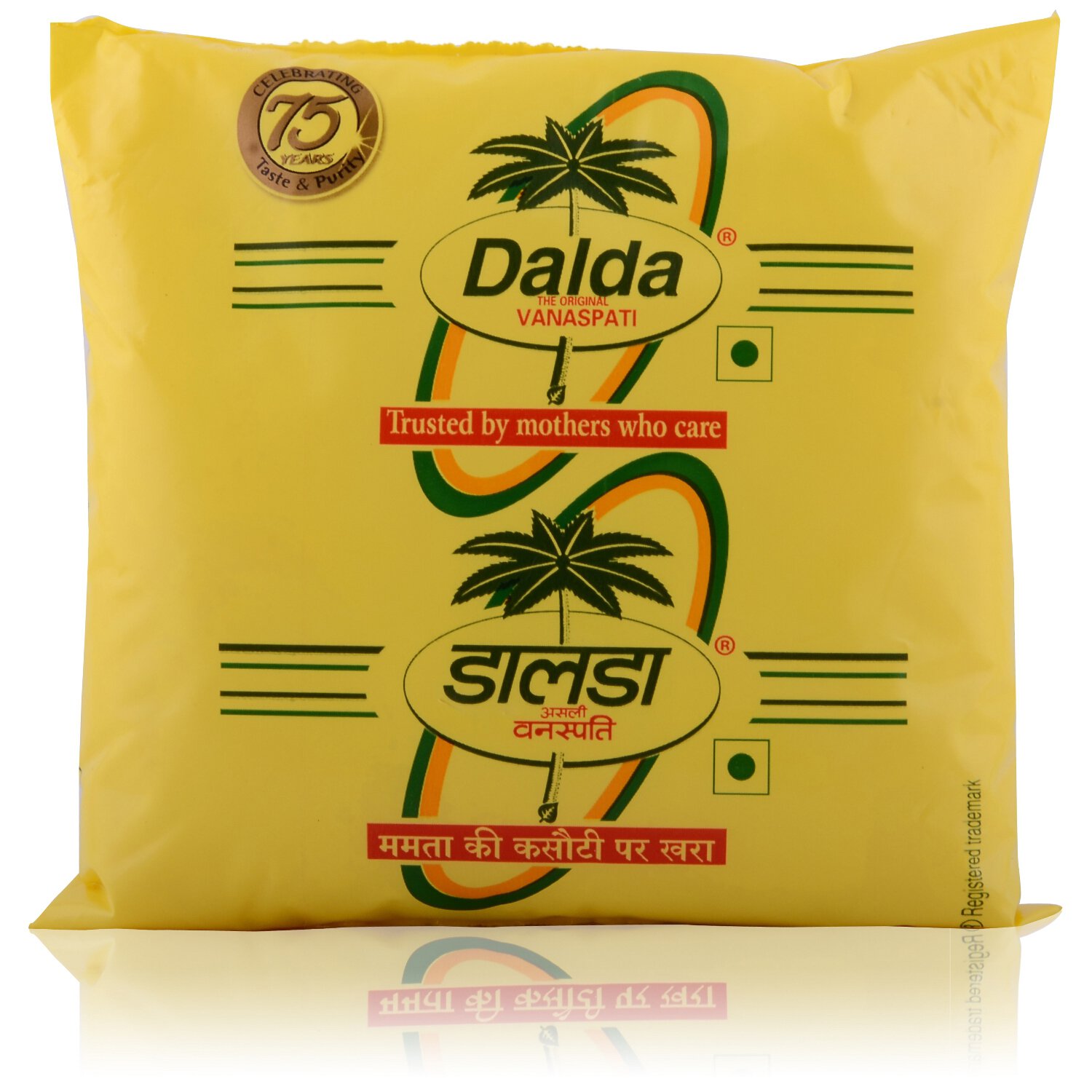
Some common Indian foods where trans-fat can be present include biscuits, cakes, Indian sweets such as gulab-jamun, halwa, jalebi, etc., bread, fried foods such as kachori, samosa, etc., and biryani. Avoid all these foods, or at least eat them in moderation, to keep your trans-fat intake in check!
Disclaimer: The information and other content provided in this blog, or in any linked materials, are not intended and should not be construed as medical advice, nor is the information a substitute for professional medical expertise or treatment. If you or any other person has a medical concern, you should consult with your healthcare provider.


.png)


